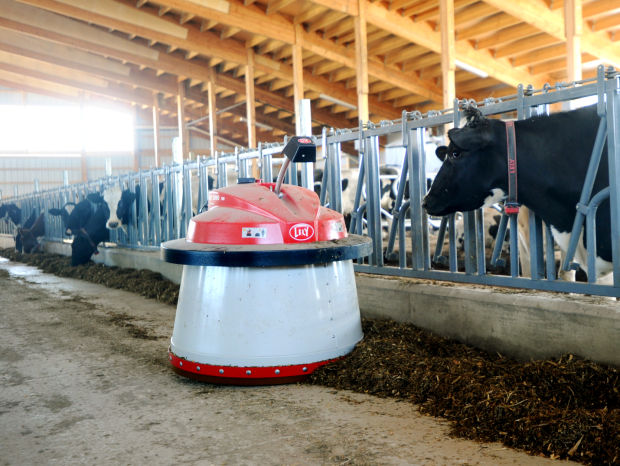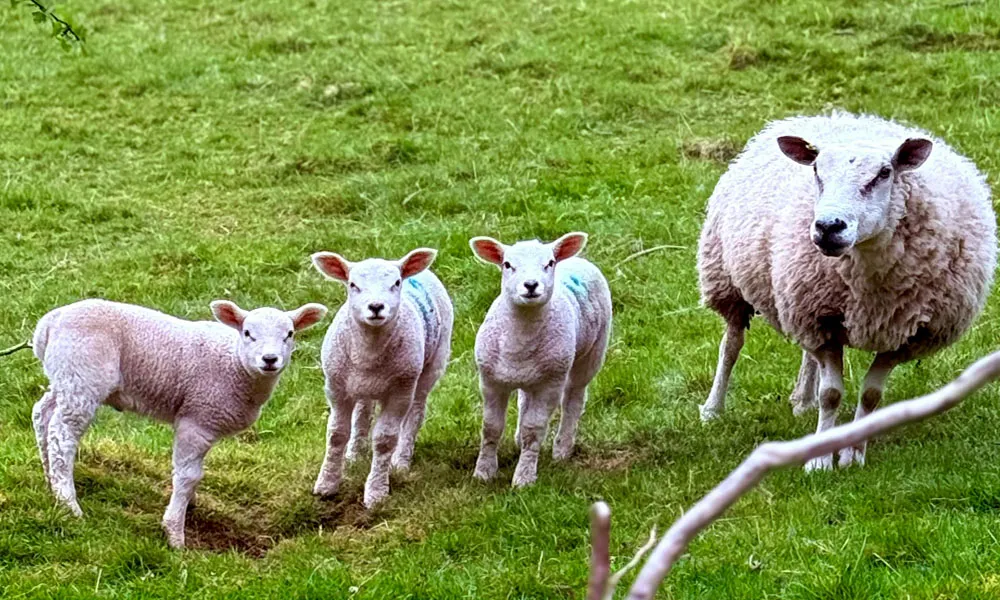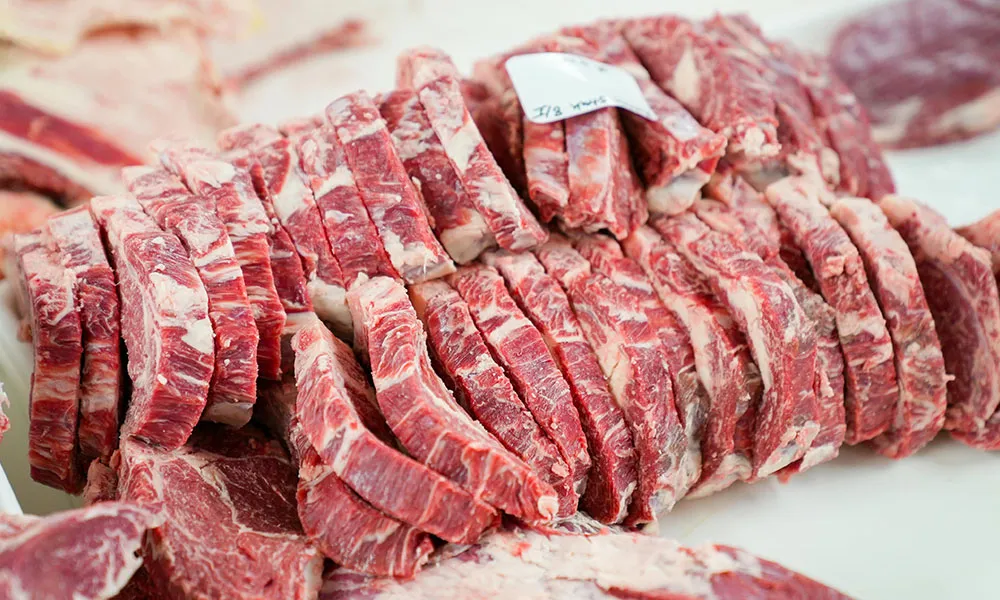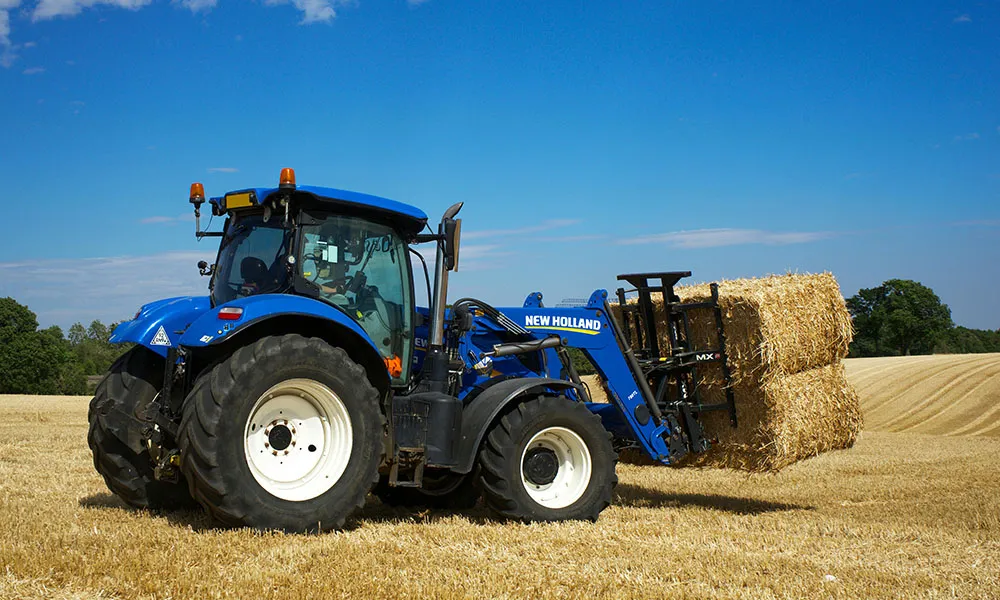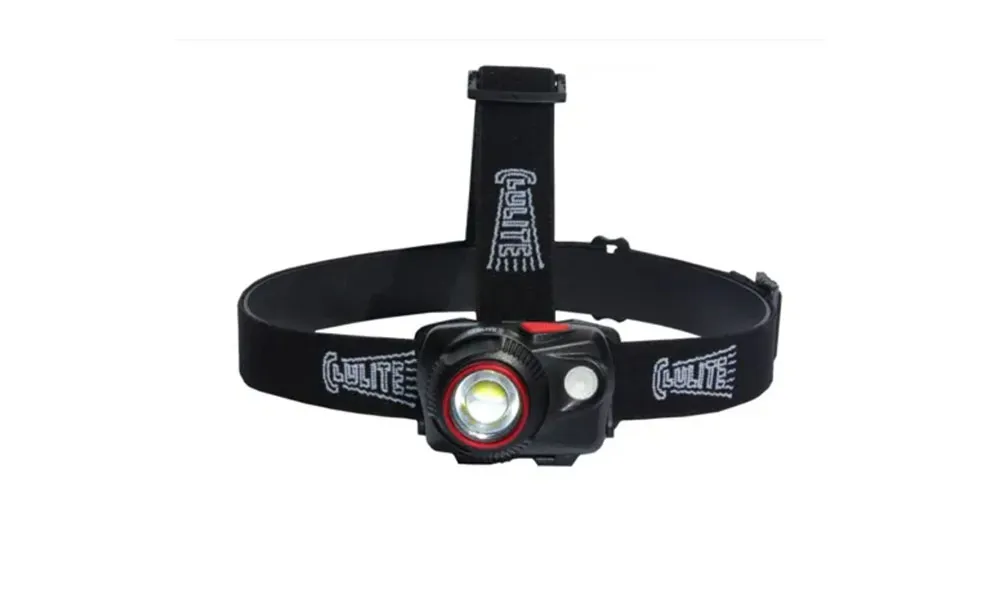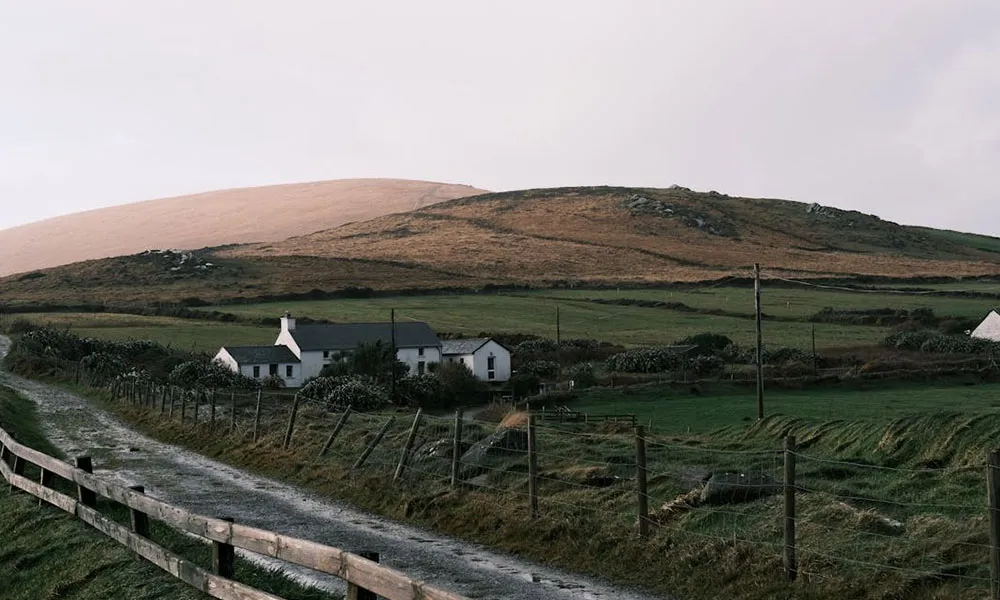
It might be hard to believe it sometimes, but technology is actually making life easier for all of us. For the average Irish farmer, it certainly might not seem that way at four am on a winter’s morning, as he ties a rope round a calves legs and gets ready to haul him into the world. Freezing hands, sideways rain and the whole planet asleep. Man versus nature, as it has always been. But even for the smaller farmers of this country, advances in technology has made life much easier. Let’s take a look at some of the innovations which have improved our lives in the past 20 years and at those which promise to make it easier in the farming future. The Mobile Phone has Revolutionized Farming

The Mobile Phone: Twenty years ago they were as big as peat briquettes and with a signal range that was nothing short of frustrating. Things have changed. Whether you are just keeping in touch with the farmhouse to let them know your location, ordering supplies as you stand in the shed or calling the vet from the top field, the mobile phone has made communication easier for all. Oh yes, sometimes we curse the interruption of it, but the convenience far out-weighs the annoyance.
CCTV: Thanks to strategically placed CCTV cameras, many farmers can glance up and view their livestock on a screen in their own kitchens. Sure, the purists will tell you it’s not a complete substitute for actually viewing the animals up close, but it cuts down on the need to don the wellies and cross the yard in the side-ways rain on a November evening. That cannot be under-estimated.
Torches and Lamps: Thankfully a dodgy lamp with a battery the size of a dog kennel is a thing of the past. Never underestimate the ability to light up your lambing field like a GAA field for an evening game. Modern lamps and rechargeable torches have improved farming life in a very significant way.
MooCall the revolutionary new Calving Alerter available at Agridirect.ie
Cow/Sow/Mare Birth Alarm: Genius! Sending a text message to your mobile phone when birth is imminent and allowing the weary farmer a little more sleep during those tough spring-time nights.
The Internet:No matter if you are winding down with a soothing game of Farm Simulator or Googling the price of lambs, the internet has definitely revolutionised farming. Skype-ing the kids in Australia is a bonus.
Remote Control Machinery: Big toys for big boys. Michael Shannon from Milltownmalbay has adapted his 1983 Massey Ferguson tractor and operates it remotely. He might have been a bit before his time in this, but most large machinery, combines, tractors and bales, can now be bought and operated remotely. That is, if you have enough money in the bank to finance these pricey items. Check it Out>>>
Drones: Agricultural drones can take pictures over a 12Km square distance, letting you know plant height, size, number and statistics. They can inform on whether water is needed or if there is a danger of infestation. This is the way of the future. Hopefully the price tag for the higher technological drones will reduce over the years and they will be more accessible. Imagine farming from inside your control centre. Sitting with a cuppa tea and pressing buttons to send the drones out and to drive the tractor remotely.
Robots are taking over farming in Japan.
Robots: Japan has already opened the first farm operated by robots. This may be taking technology a bit too far, but I am sure we could programme a few to foot the turf and tackle some tricky fencing. However Ireland hasn’t escaped the robot generation, some farms across Ireland now employ robots to milk their cows. Technological Innovations and advances from clothing to fencing, from machinery to pharmaceuticals have made all aspects of farming life easier. But all the technology in the world is lost if it is not in the right hands. Instinct and local knowledge are a vital part of successful farming. Farmers need to stay close to the land, to the livestock and to the nature that provides it all. So, while all these advances are welcome, it is doubtful if the Irish farmer will be hanging up his wellies just yet.





